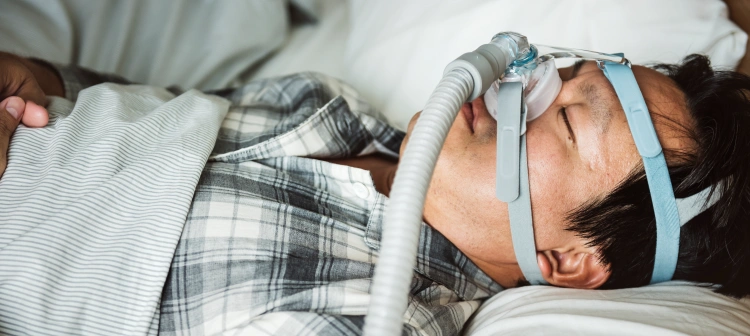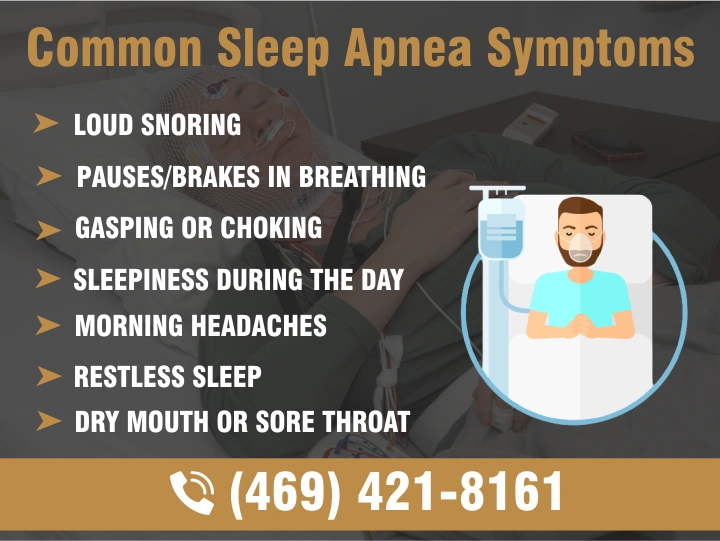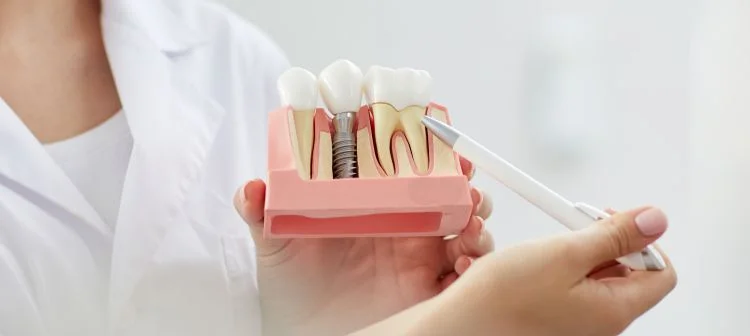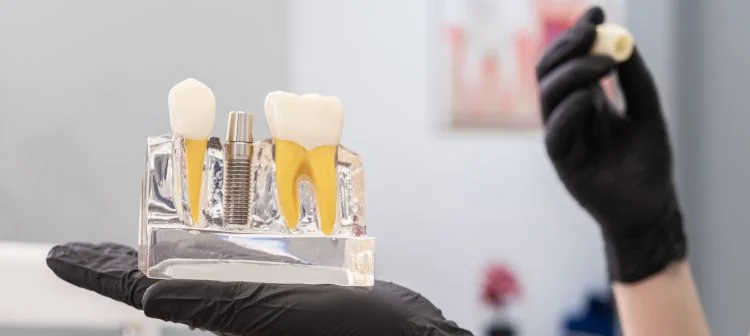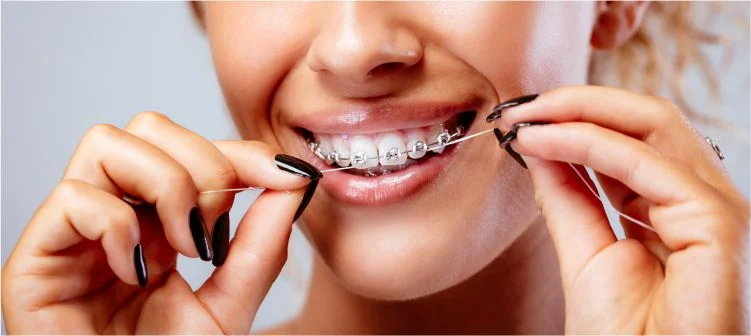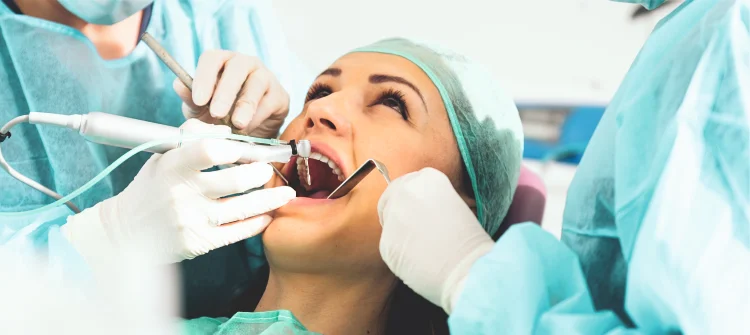Sleep apnea is a general sleep-related syndrome that can cause numerous health issues if overlooked or not treated promptly. When breathing is discontinued during sleep, causing a person to wake repeatedly throughout the night leads to this problem.
However, many people may not realize they have the condition, as the Sleep Apnea Symptoms can be subtle or easily overlooked. While some people might experience noticeable symptoms, others cannot even recognize that they suffer from any such condition.
Common Sleep Apnea Symptoms
Breathing pauses or shallow breathing while you sleep are typically known symptoms of sleep apnea.
However, you should be aware of other signs or indications.
- Loud snoring
One of the most prevalent signs of sleep apnea is snoring. The snoring is frequently loud and annoying.
- Pauses/Brakes in breathing
People who have sleep apnea have breathing pauses while they are asleep. These breaks can occur several times at night and can endure from some seconds to a few minutes.
- Gasping or choking
After a pause in breathing, people with sleep apnea may gasp or choke as they resume breathing.
- Sleepiness during the day
Even after a full night’s sleep, sleep apnea leads to frequent experience of extreme daytime fatigue.
- Morning headaches
Sleep apnea patients get headaches when patients wake up after sleep, specifically in the morning.
- Restless sleep
Sleep apnea can cause a person to toss and turn during the night or wake up frequently.
- Dry mouth or sore throat
People with sleep apnea may have dry mouths or a painful throat after breathing through their mouths while they sleep.
If you are experiencing any of these Sleep Apnea Symptoms, you should see a good dentist to determine if you may have sleep apnea.
What are the causes of sleep apnea?
Sleep apnea can be caused due to multiple factors, including-
- Alcohol, sedative use, and smoking
- Airway blockage during sleep
- Anatomical issue
- Old age
- Excess weight
- Family history
- Neurological disorder
Talking with a healthcare professional for an appropriate diagnosis and treatment plan is crucial if you think you might have sleep apnea.
Can a dentist help with sleep apnea?
Yes, a dentist can help with sleep apnea. In fact, dentist in Frisco can play an important role in treating sleep apnea, particularly in mild to moderate obstructive sleep apnea cases.
Dentists for sleep apnea can provide oral equipment that helps keep the airway open while you sleep. These devices are worn in the mouth, similar to a mouthguard, and work by repositioning the lower jaw and tongue to prevent the airway from collapsing.
Pinnacle Dental Offers Complete Care for Sleep Apnea
Consider our experienced sleep Apnea dentists at Pinnacle Dental if you suspect having such a condition. Do not let this disorder impact your sleep and quality of life any longer. Book An Appointment today to get uninterrupted sound sleep. Call us today at- (469) 421-8161

